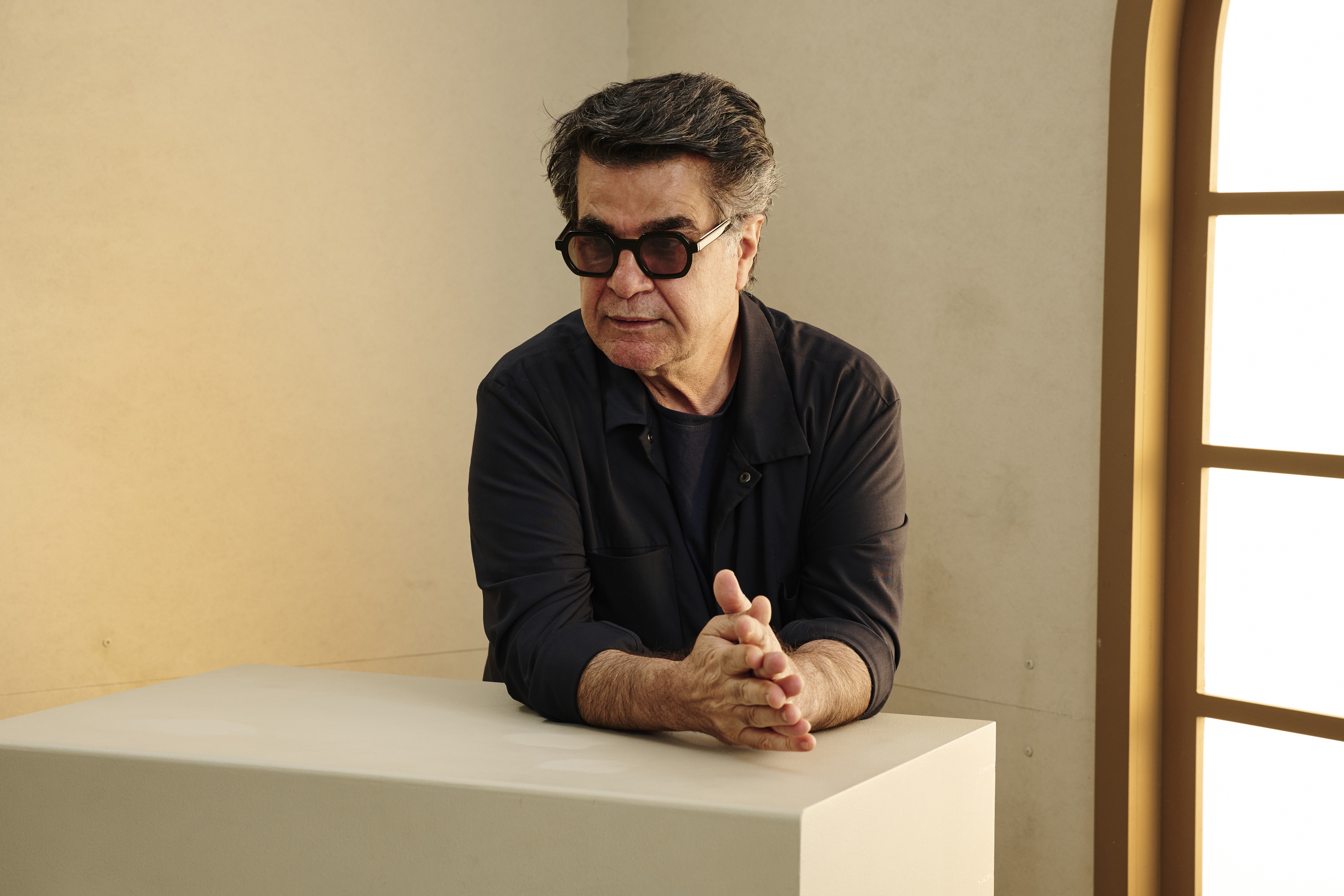
"In the film's first scene, a young girl is introduced bopping up and down in the backseat of a car, to the beat of a repetitive dance number all but designed to annoy tired moms and dads everywhere. Her father (Ebrahim Azizi) tries to turn down the music, but after some pleading, and a look from Mom, it goes back to full volume."
"When the father gets back in the car, the child no longer wants to hear any music. "You killed it," she solemnly mutters. Her mother patiently offers a few excuses to appease her. The road isn't adequately lit, so wild animals unfortunately become roadkill all the time. In fact, it was God's will that the dog died the way he did. It was just an accident."
"Children are frequent figures of perceptive innocence in Iranian cinema. Since "children's films" are most likely to avoid censorship from Iran's Ministry of Culture and Islamic Guidance, post-revolution filmmakers have centered many short and feature-length projects on young kids navigating an adult world, a canny approach to depicting contemporary Iranian society in all of its beautiful and ugly shades. Kids perceive problems far beyond their social station anyway,"
A young girl witnesses her father strike a street dog with the family car and refuses adult explanations that blame poor lighting or God's will. The child insists her father killed the animal and rejects supernatural or accidental rationales. Iranian cinema frequently uses children as figures of perceptive innocence because children's films often bypass state censorship, enabling filmmakers to stage social critique through youthful vantage points. Directors place children either as protagonists or at the margins to reveal murky adult conflicts and governmental repression. This approach leverages children's moral clarity to expose social inequities and challenge official narratives.
Read at Defector
Unable to calculate read time
Collection
[
|
...
]